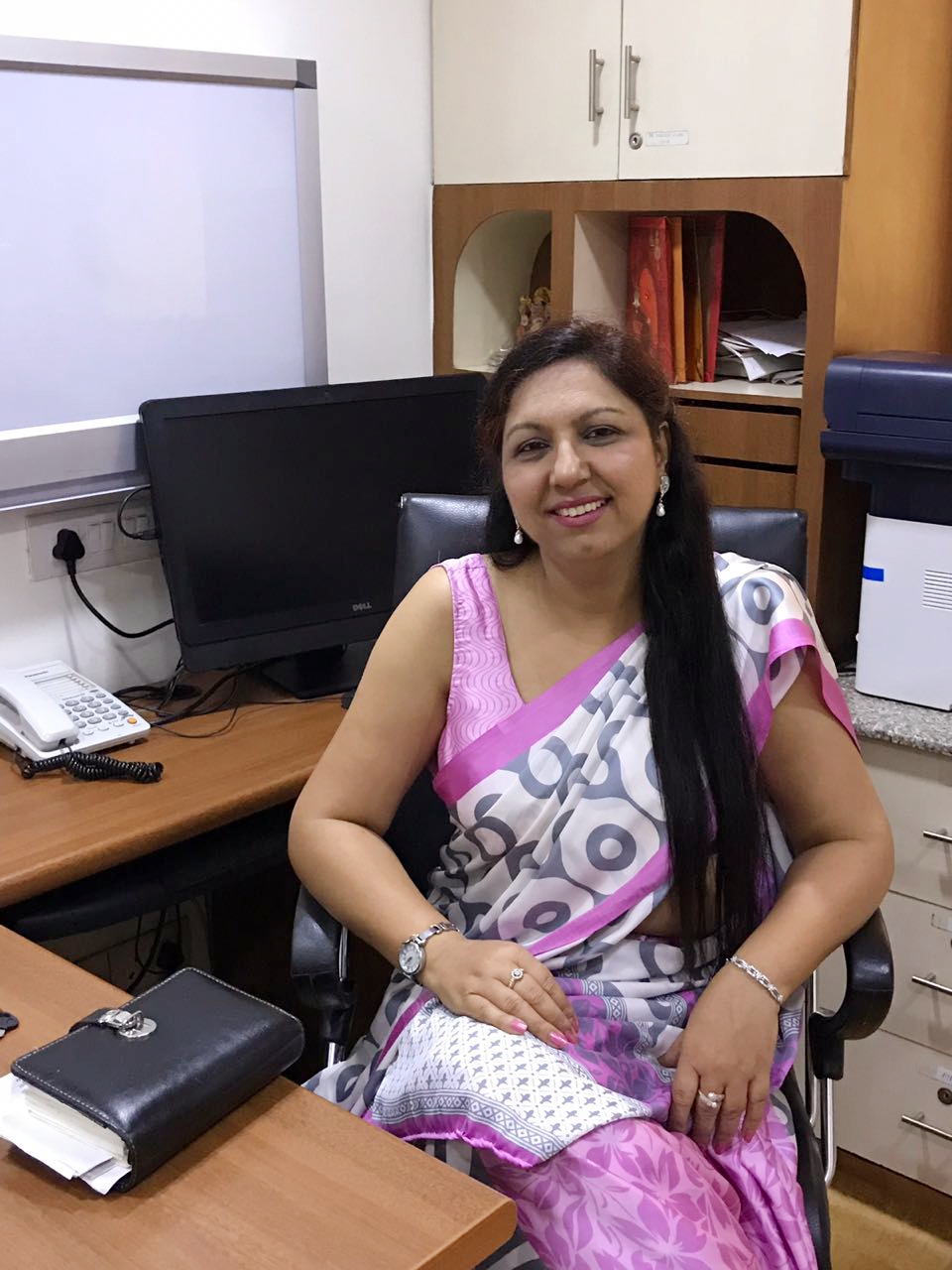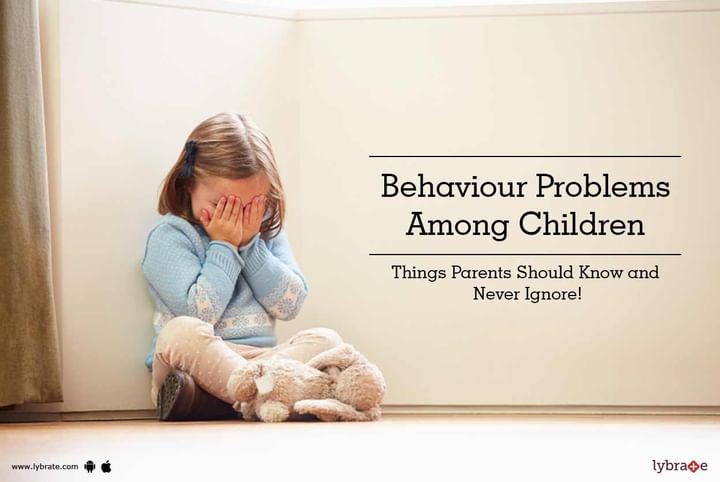Behaviour Problems Among Children - Things Parents Should Know and Never Ignore!
Diagnosis & Management of Behavioural Disorders in Children
Disruptive behavioural disorders are complicated and may include many different factors working in combination. For example, a child who exhibits the delinquent behaviours of Conduct Disorder may also have ADHD, Anxiety, Depression, and a difficult home life.
Diagnosis methods may include:
- Diagnosis by a specialist: Paediatrician, Psychologist or Child Psychiatrist.
- In-depth Interviews with the parents, child and teachers.
- Behaviour check lists or standardised Questionnaires.
- A diagnosis is made if the child’s behaviour meets the criteria for disruptive behaviour disorders in the Diagnostic and Statistical Manual of Mental Disorders from the American Psychiatric Association.
It is important to rule out acute stressors that might be disrupting the child’s behaviour. For example, a sick parent or victimising by other children might be responsible for sudden changes in a child’s typical behaviour and these factors have to be considered initially.
How can habit disorders affect behaviour?
Most children develop certain repetitive behaviours at an early age, but it is the frequency, persistence or its effects on the overall well-being of the child which could qualify it as a ‘Disorder’. These habits include
- Repetitive sucking of the thumb
- Biting of the nails
- Hitting his own self
- Pulling at his own hair
- Holding on to his breath just for the sake of it
This refers to the behavioural issues of your child which cause the child to misbehave more often; this can be due to a variety of reasons such as Improper Parenting, Persistent Family problems, child abuse or Neglect, or any other incident that has traumatised the child in the past, both psychological problems or Medical illnesses etc.
Preventive Measures:
- Respect Others Space - Your child may be very excited to tell you about some special event or happening in school, but teach him not to interrupt you when you are at work. He must learn to respect other people’s space and have patience while dealing with people. Otherwise, he would not be able to take rejections and thus be inconsiderate in his attitude.
- Adjustment with Peers - Monitor how he behaves with his playmates. Stop him when he happens to fight with his playmates or fights with them aggressively and teach him how exactly to behave with people.
- Firm Discipline - You should deal with stubbornness with a bit of high-handedness. Look at your child right into the eye and tell him what is expected of him. Be tough, but not rude.
- Balance Independence - Monitor his use of PCs, laptops and mobiles. Well, that doesn’t mean you need to loom over everything he does on his gadget, but do try to watch over the content whether it is inappropriate or not. But remember to never really pry and barge into his privacy. Respect that and you can still humour him.
Treatment of behavioural disorders in children
Untreated children with behavioural disorders may grow up to be dysfunctional adults. Generally, the earlier the intervention, the better the outcome is likely to be. Treatment is usually multifaceted and depends on the particular disorder and various factors contributing to it, which may include:
- Parental education – For example, teaching parents how to communicate with and manage their children.
- Family therapy – The entire family is helped to improve communication and problem-solving skills.
- Cognitive behavioural therapy – To help the child to control their thoughts and behaviour.
- Social training – The child is taught important social skills, such as how to have a conversation or play cooperatively with others.
- Anger management – The child is taught how to recognise the signs of their growing frustration and given a range of coping skills designed to defuse their anger and aggressive behaviour. Relaxation techniques and stress management skills are also taught.
- Support for associated problems – For example, a child with a learning difficulty will benefit from professional support.
- Use of Reinforcement – Many children with behavioural disorders experience repeated failures at school and in their interactions with others. Encouraging the child to excel in their particular talents (such as sport) can help to build self-esteem using positive reinforcements both verbal and non-verbal.
- Medication – To help control impulsive behaviours if required so. If you wish to discuss about any specific problem, you can consult a psychologist.



+1.svg)
